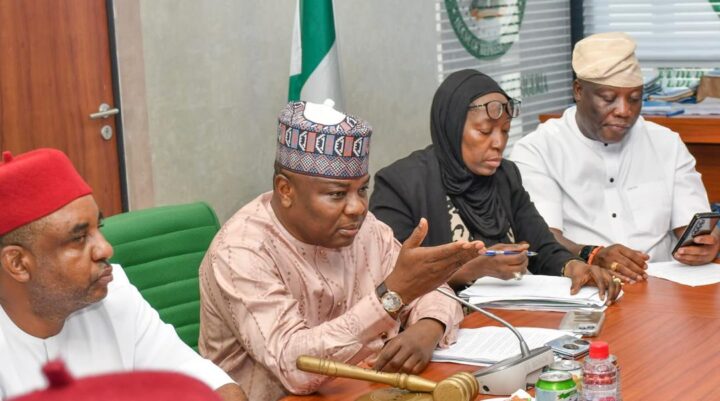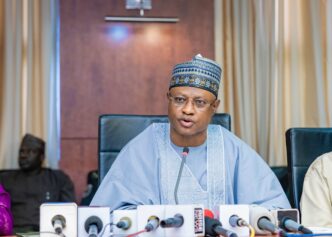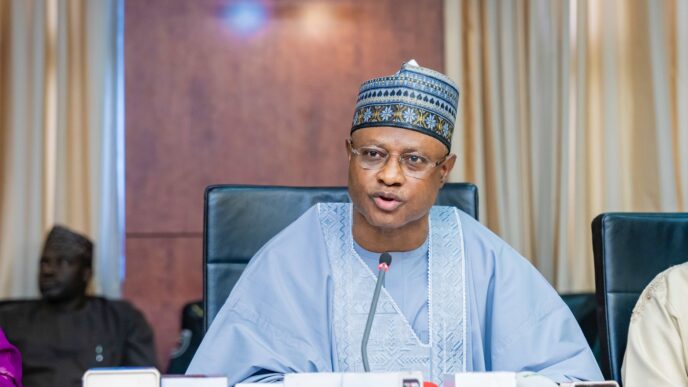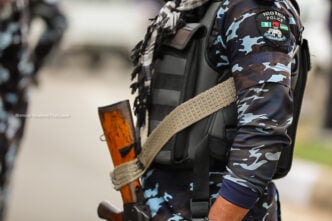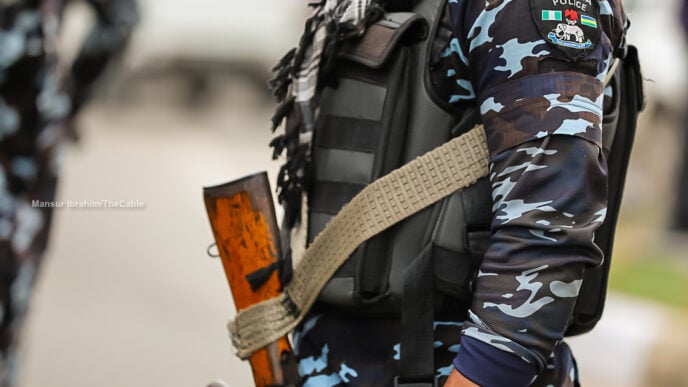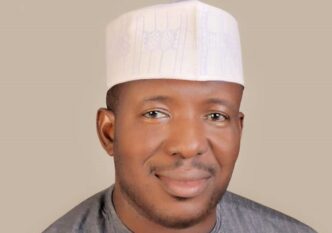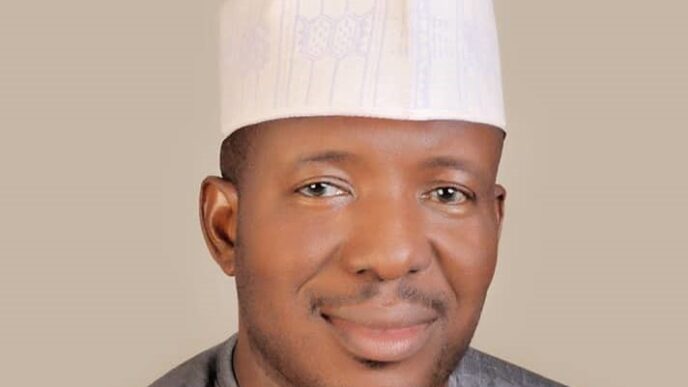House of representatives committee on FCT
The house of representatives committee on federal capital territory (FCT) has faulted the park and pay policy in the nation’s capital.
Speaking on Tuesday during an interactive session with Chinedum Elechi, mandate secretary in charge of the FCTA transportation secretariat, Muktar Betara, chairman of the house committee on FCT, said residents and motorists in Abuja are complaining about harassment by the operators of the park and pay policy.
In August 2023, FCTA reintroduced the park and pay policy after signing an agreement with two concessionaires.
The policy aimed to decongest the city to make motoring a more pleasant experience.
Advertisement
In April 2014, the FCTA suspended the policy after a high court judgment stopped the administration from collecting fees from residents for on-and-off-street parking within the metropolis.
The court ruled that the policy was not backed by law.
During the interactive session, Betara demanded details of the park and pay arrangement, including its establishment, remittances, and authorisation.
Advertisement
Elechi said the policy is regulated and supported by a legal framework, adding that only designated areas are marked as parking zones.
“The park and pay is by regulation. We have a legal framework. It is part of the ways of controlling traffic. So, under the part and pay, designated areas are meant to be parks. So, it is legal,” Elechi said.
“It is paid through concessionaires. There is usually a ratio between the concessionaires and the FCT.
“So, for areas where we have the concessionaires, there is a percentage that goes to the concessionaires. It is 60 percent and 40 percent goes to FCT.
Advertisement
“The infrastructure for the work is usually provided by the concessionaire. It (revenue) goes straight to the revenue account of the FCT not transportation.”
Hussaina Olayemi, the director of legal services of the transport secretariat, explained that the Infrastructure Concession Regulatory Commission (ICRC) and the Abuja Investment Company (AIC), the FCT agency responsible for public-private partnerships, were involved in the concession arrangement.
“After their involvement, the concession was submitted to the federal executive council (FEC) for approval. So, we have the FEC approval,” Olayemi stated.
Defending the revenue-sharing agreement, the mandate secretary said the concessionaire is responsible for marking roads.
But the chairman insisted that the concessionaires have not marked any road in Abuja.
Advertisement
“The way they (concessionaires) operate in Abuja, they harass people on the streets. I would have advised you people to have given the VIO this concessionaire,” Betara said.
“Let them take up this so that the whole revenue would go to FCT. Why are you personalising this for an individual?”
Advertisement
The committee ruled that, on the next appearance, the mandate secretary should bring a copy of the agreement with the concessionaires and details of the remittances received from January to date.
ABANDONED MOTOR PARKS
Advertisement
The committee also faulted the FCTA officials over abandoned motor parks in the nation’s capital.
Paschal Agbodike, a member of the committee, specifically expressed concerns over the condition of the Nyanya motor park.
“When motorists don’t have parks, they operate anyhow. We noticed that the Nyanya park has been abandoned,” Agbodike said.
When are you going to address this, and what caused its abandonment?”
In response, Elechi said the park has not been abandoned, adding that the administration is taking one project at a time, with an initial focus on rails.
“Nyanya Park is not abandoned. We cannot do everything at the same time. When we came on board, the rail was a priority, but now our attention has shifted to the development of parks. We are currently focusing fully on the bus terminal,” he said.
The committee also sought details on the financial allocations and expenditures for various projects. However, the transport officials struggled to provide concrete figures.
Kama Nkemkanma, a member of the committee, pressed for specifics on the budget for road mapping from the airport to the city centre, while Betara questioned the transport director about the funds provided in 2022 and 2023.
The mandate secretary and director of finance could not provide specific figures on the various projects.
“It is quite unfortunate that everybody keeps saying they can’t remember the figure. You are the CEO. It is not good for us, and it is not good for the committee and your agency,” Nkemkanma said.
“We are talking about Nyanya Park here, and a lot of money has been expended, but there is nothing to show for it.
“Even the committee knows how much was budgeted for this particular project. This does not speak well. If you don’t know the figures, how then can you manage the whole of Abuja? It’s impossible,”
The committee demanded a comprehensive report detailing the total budget and expenditures for the years 2022, 2023, and 2024 to facilitate proper scrutiny and oversight.
